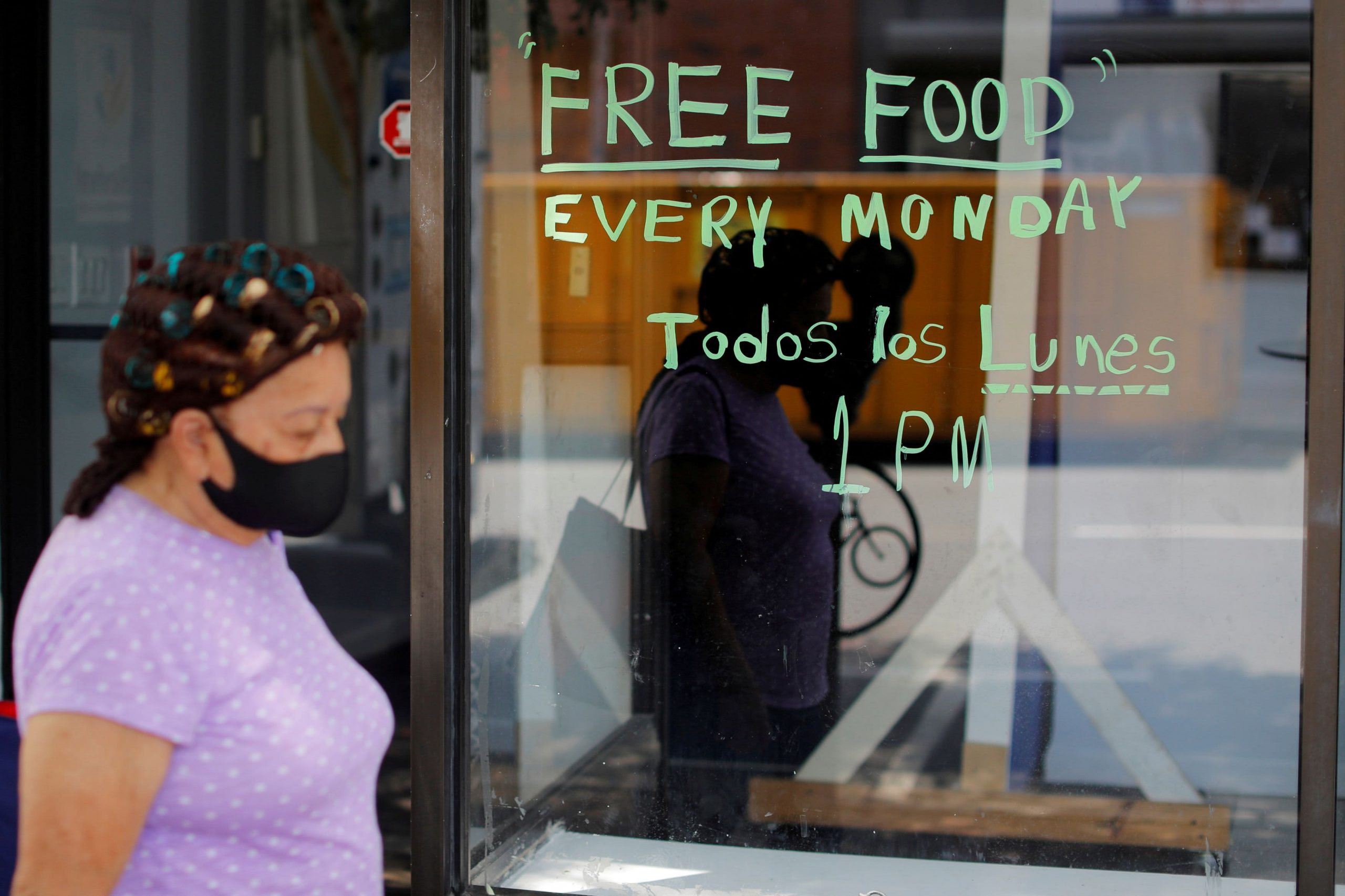
Private payrolls grew at their slowest pace since July amid a deceleration in large business hiring for November, ADP’s monthly payrolls report said Wednesday.
Companies hired 307,000 workers last month, well below the 475,000 estimate from a Dow Jones survey of economists.
The total represented a decline from the upwardly revised 404,000 in October and is the smallest gain since the 216,000 increase in July, according to the report, which is compiled in conjunction with Moody’s Analytics.
The revision added 39,000 to the original estimate from October, making the November miss not as bad as it appears. Markets had little reaction to the report.
“We expected a much weaker number, so this is something of a relief,” said Ian Shepherdson, chief economist at Pantheon Macroeconomics.
In fact, Shepherdson said the ADP number, which has often underestimated the government’s nonfarm payroll count through the pandemic, is consistent with a total around 700,000-750,000 for November.
The Labor Department on Friday is expected to report that the economy in November added 440,000 jobs, down from the 638,000 in October. Private payrolls are estimated to grow by 590,000, according to FactSet, with a decline of about 93,000 Census workers during the department’s survey period subtracting from the headline number.
The Dow Jones estimate also sees a 6.7% unemployment rate, down from 6.9%.
Hospitality leads
Most of the hiring in the ADP report came from firms with 50 to 499 workers, which added 139,000 jobs. Small companies added 110,000 while big business trailed with just 58,000 after adding 116,000 in October.
“While November saw employment gains, the pace continues to slow,” said Ahu Yildirmaz, vice president and co-head of the ADP Research Institute. “Job growth remained positive across all industries and sizes.”
As usual, service industries provided the bulk of jobs, with 276,000. Leisure and hospitality, which has been battered during the pandemic, added 95,000 workers despite increasing restrictions placed on bars and restaurants as coronavirus cases continue to climb.
Education and health services contributed 69,000, mostly on the health care side, while professional and business services increased 55,000. Construction was up 22,000 while manufacturing added 8,000.


 Signal2forex.com - Best Forex robots and signals
Signal2forex.com - Best Forex robots and signals




